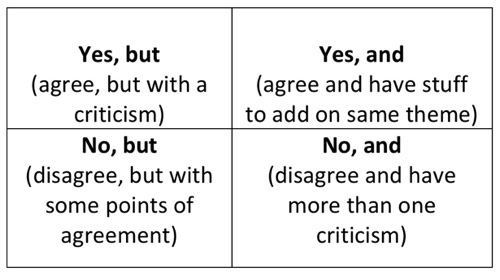I got five questions from
![[personal profile]](https://www.dreamwidth.org/img/silk/identity/user.png) osprey_archer
osprey_archer!
1. What's a skill that you're proud of having?... I'm realizing that it's hard to write an answer to this because as soon as I start composing in a direction, I think,
Now you really sound like an insufferable asshole.Am I perhaps proud of the skill of being able to guess when I'm about to sound like an insufferable asshole? ... Mmmm, I am not particularly proud of that. And I'm not even sure if my assessment is correct, so.
So ... skill implies something that you've worked on and honed--so not, say, a one-off accomplishment, and not something that's just part of your personality without your particularly exerting yourself.
Okay, how's this: I don't know if I'm proud, exactly, but it gives me great joy and exuberance to have discovered, in my fifties, that it's possible to learn multiple languages more or less simultaneously well enough to read them and attempt rudimentary communication in them. It literally feels like having developed a new sense, like my brain has changed its shape. ... Other people knew this delight from a young age, but not me. And there's something about coming to it later in life--you can be very consciously grateful, appreciative.
2. What's a treasured memory?Sleeping together as a family on summer nights in Japan--the tactile-ness. The in-out of our breathing, together; our hearts are beating, together. Our foreheads are touching, or someone has an arm flung this way, or someone's toes are touching someone else's calves. Outside, insects are singing.
3. Do you have any unusual yearly traditions?Not really; I have a hard time repeating things cyclically. For a while our family did Boston's Walk for Hunger yearly, but that's not a very unusual thing, and anyway, we since stopped. There are certain things I like to forage when the time is right (cattail pollen in June, chestnuts and hickory nuts in September and October), but I'm not consistent.
4. If you could have a telepathic companion animal, what kind of animal would you want?I waver between something small enough to sit on my shoulder and something large enough that I could drape my arm over its shoulders. Much as it would be fun to have a telepathic connection with a dolphin (hello
Ring of Endless Light) and fascinating to have one with a celphalopod, I think I'd prefer to have a connection with a terrestrial animal because delightful as water is, I can't breathe in it or even keep air in my lungs for as long as dolphins and other water-living mammals can. OTOH, if there are some telepathic marine creatures out there who are hankering for a connection, I withdraw that caveat! Come to me, friends!
... I guess not someone really small, like a tardigrade. I want to be able to see my companion. Probably someone adapted to the type of climate I live in--hello coyotes, bobcats, foxes, bear, deer, squirrels, chipmunks, mice. And I don't want to exclude birds, though I think I would want a very friendly type of bird for an animal companion--someone like a catbird or chickadee, or like the starling that drank the last of my sister's wine the other day.
5. Favorite museum?Without a doubt, the Eric Carle Museum of Picture Book Art.
Anyone else like some questions?











